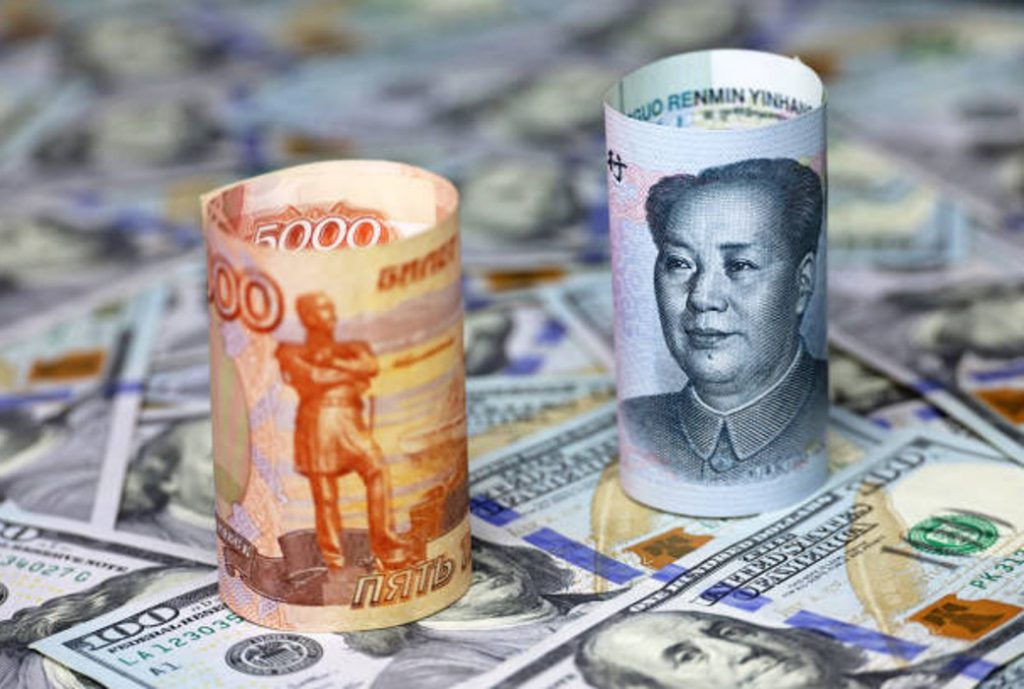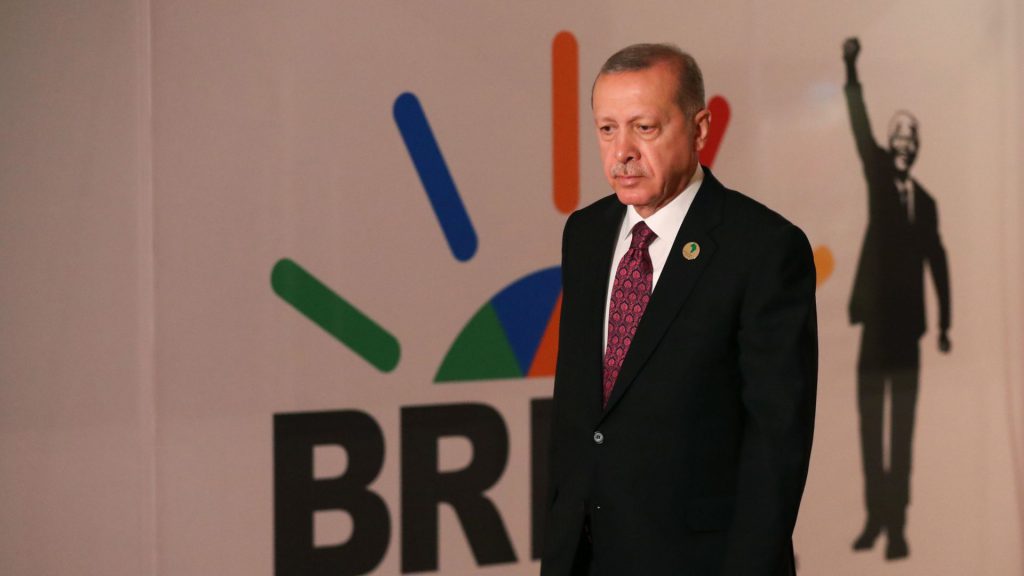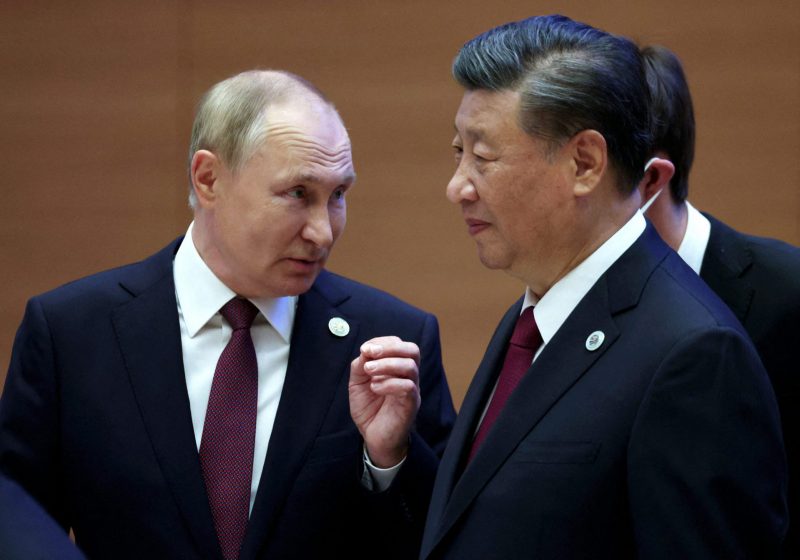With a plethora of nations looking to join the ever-growing BRICS bloc, the collective is set to implement new de-dollarization rules for new members. Indeed, the alliance’s 2024 chairmanship holder, Russia, announced the increased standards it will place upon nations wanting to join.
Continued expansion has been a prevailing question for the bloc. In 2023, it grew for the first time in more than two decades. Moreover, it has continued to embrace projects that oppose Western dominance in global economics. Now, the bloc is assuring any future members are on board.


Also Read: BRICS: 30 Countries Confirm Participation In October Summit
BRICS to Implement De-Dollarization Rule for Potential Expansion Nations?
The BRICS bloc has grown massively over the last two years. Since 2022, it has enjoyed a far more prominent role on the global stage. Additionally, it grew in numbers, issuing a four-nation expansion effort at its 2023 summit.
Last year, the bloc welcomed the United Arab Emirates (UAE), Egypt, Ethiopia, and Iran as its first expansion nations since South Africa in 2001. There are many who predict that could be echoed this year. Yet, it appears as though the collective is seeking to implement some new standards.


Also Read: BRICS US Banks Face $500B in Losses as De-Dollarization Grows
Specifically, the BRICS bloc is set to make a de-dollarization rule for new member countries. The decision would focus on aligning with the bloc’s stance on policy issues, and curtailing international weaponization of the US dollar. In a recent statement, Russia’s Deputy Foreign Minister, Sergey Ryabkov, discussed that decision.
“One needs to pursue a sovereign policy, have a significant role in international and regional affairs, build good-neighborly and friendly relations with the BRICS countries, and not join in illegitimate sanctions against members of the association,” Ryabkov said of rules regarding new members.
The list looks to ensure these nations align with RBCIS values. That is specifically true regarding global finance. The bloc has long sought to lessen international reliance on the greenback. Subsequently, these new rules ensure that continues to persist despite the bloc’s growth efforts.





